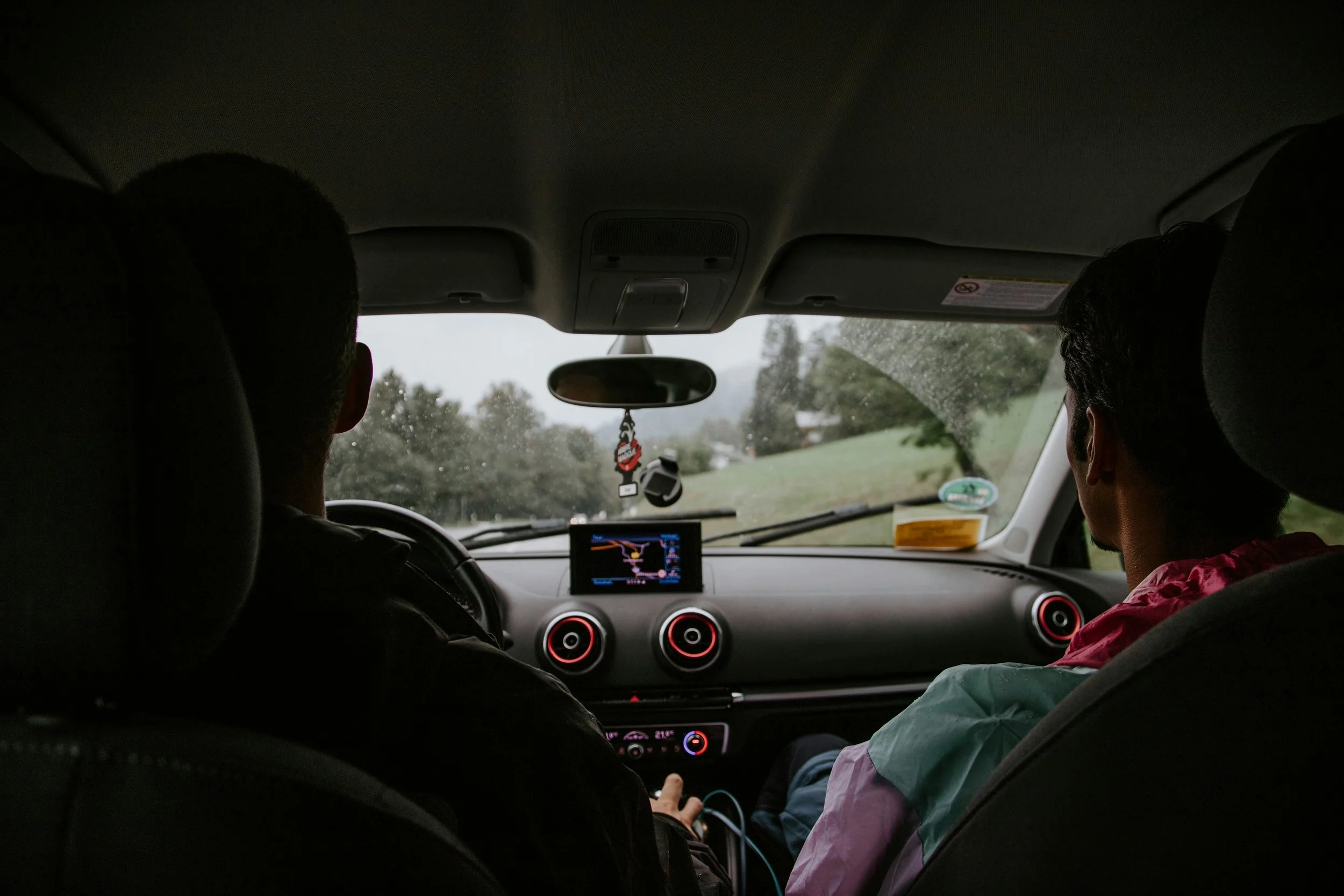Curate Their Content!
Children hear everything.
The news we listen to on our social media feeds, the conversations we have at home with our family members and while speaking on the phone. And, they are intuitive, they feel the tension and stress we carry. With their still-developing brains, they process content differently, an often create their own narratives, that may or may not be accurate.Think about what children are processing daily:
Adult anxiety filtering down from parents who are stressed about the state of the world and the challenges in their own lives
Constant exposure to conflict through news, social media, and overheard conversations
Content from friends and classmates sharing what they've seen or heard, often without context
Unfiltered exposure at school and on the bus where you can't control what they're watching or discussing
Blurred lines between real and fictional violence from video games, TikTok, AI-generated content, and actual news
24/7 information overload that even adults struggle to process
Neurodivergent Kids Are Even More Sensitive
A former client, a 10-year-old boy with ADHD thought our country was constantly at war because his grandfather watched historical documentaries about the Civil War and World Wars. The child couldn't distinguish between past and present, real and fictional.Neurodivergent children struggle even more with:Processing abstract concepts like "things that happened long ago" vs. current events
Distinguishing real threats from fictional or historical ones
Regulating emotions when overwhelmed by confusing information
Managing anxiety about things they don't fully understand but sense are "bad"
What Parents Can Do
Understand that they’re listening. You can’t put your kids in a protective bubble, but you can be intentional about what they're exposed to and when.
Check your own stress levels. Children are emotional sponges. If you're carrying tension, they feel it even when you think you're hiding it. Practice your own self-care.
Use car time for check-ins. Make car rides phone-free zones and use this uninterrupted time to ask what your child is hearing at school, from friends, or online. Often they'll share things in the car they wouldn't bring up at home.
Process what they're hearing. When your child mentions something they've overheard, take time to clarify what's real, what's historical, and what directly affects their safety.
Limit violent content. This includes news, video games, and social media. Their developing brains aren't equipped to handle constant exposure to violence, whether real or fictional.
Focus on what you can control. Help your child understand the difference between big, adult problems they can't solve and the things in their immediate world they can influence.
The Bottom Line
The cultural climate and our own adverse experiences (like divorce or a loss of a job) has an impact on adults, but children, especially neurodivergent children, are particularly vulnerable to the anxiety and confusion it creates. Kids are incredibly sensitive to their environment, so to the best you can, be mindful of what they are exposed to, and have age-appropriate conversations with them to help them process and understand



